Iran will meet with European powers France, Germany, and the UK in Istanbul on Friday to discuss the future of the 2015 nuclear deal, amid renewed diplomatic signals from Tehran and concerns over sidelined European involvement in U.S.–Iran talks.
Iran has confirmed it will meet representatives from France, Germany, and the UK - the European troika (E3) - on Friday in Istanbul to discuss the 2015 nuclear agreement known as the Joint Comprehensive Plan of Action (JCPoA).
Foreign Ministry spokesman Esmaeil Baghaei told state media that the talks will also cover ongoing nuclear negotiations between Tehran and Washington. Originally scheduled for May 2 in Rome, both meetings were delayed for logistical reasons.
Last Sunday, Iranian Foreign Minister Abbas Araghchi met with U.S. Special Envoy Steve Witkoff in Muscat. The Istanbul meeting with the E3 follows Araghchi’s recent statements signalling Iran’s readiness to resume diplomacy with European powers.
“I am ready to take the first step with visits to Paris, Berlin and London,” Araghchi posted on X, renewing Tehran’s call for dialogue. He also criticised what he described as the EU’s “inaction and silence” in response to these overtures.
In an interview with Le Point, Araghchi warned European leaders against pursuing a “strategy of confrontation” that he said could risk sparking wider nuclear proliferation. He further cautioned against activating the UN “snapback” sanctions mechanism - a clause within the JCPoA that allows for sanctions to be reinstated if Iran is found in violation.
According to Araghchi, the mechanism is now being used as a diplomatic lever rather than as a last-resort dispute tool. The warning comes amid growing concern within the E3 over being sidelined in the current U.S.–Iran track.
In the early 2000s, the E3 led nuclear talks with Iran before the broader P5+1 format emerged, which brought in the U.S., Russia, and China. That framework eventually produced the JCPoA in 2015 and led to UN Resolution 2231, lifting sanctions in return for Iran’s nuclear commitments.
Now, the E3 is watching from the margins as bilateral U.S.–Iran talks advance. These latest meetings come weeks after a letter from President Donald Trump to Iran’s Supreme Leader Ayatollah Ali Khamenei, signalling a new push from Washington.
Trump, who withdrew the U.S. from the deal in 2018 and reimposed sanctions, now faces scepticism in Europe about his commitment to transatlantic cooperation. That unease has grown as U.S.–Iran talks gain momentum while the E3 remains in the background.
Despite tensions, Iran is pushing to keep the European channel open. Araghchi, who played a central role in the original deal, is urging renewed cooperation amid warnings from the E3 about reintroducing UN sanctions when Resolution 2231 is reviewed this October.
While both Tehran and Washington have described recent discussions as “positive,” the outcome of Friday’s E3–Iran meeting may prove pivotal. Diplomats from Berlin, Paris, and London are expected to weigh whether a broader diplomatic track can still be revived.
Read next
21:00
Pakistan’s Prime Minister Shehbaz Sharif has expressed willingness to engage in peace talks with India, following the de-escalation of the most serious military standoff between the two countries in nearly 30 years.
20:00
President Donald Trump stated that the U.S. is close to a nuclear agreement with Iran, though both sides remain divided on key conditions.
18:53
World News
Drone attacks in Khartoum state caused power outages, escalating Sudan's ongoing conflict and humanitarian crisis.
18:27
Ukraine-Russia
Ukrainian President Volodymyr Zelenskyy said a planned meeting with Russian President Vladimir Putin might be skipped if a ceasefire agreement is reached during technical talks in Istanbul. He also called for increased sanctions if Russia shows no willingness to end the war.
18:15
Azerbaijan-Kazakhstan
Kazakhstan and Azerbaijan are considering issuing a commemorative coin to celebrate their bilateral relations, as part of broader efforts to deepen financial and diplomatic cooperation between the two countries.


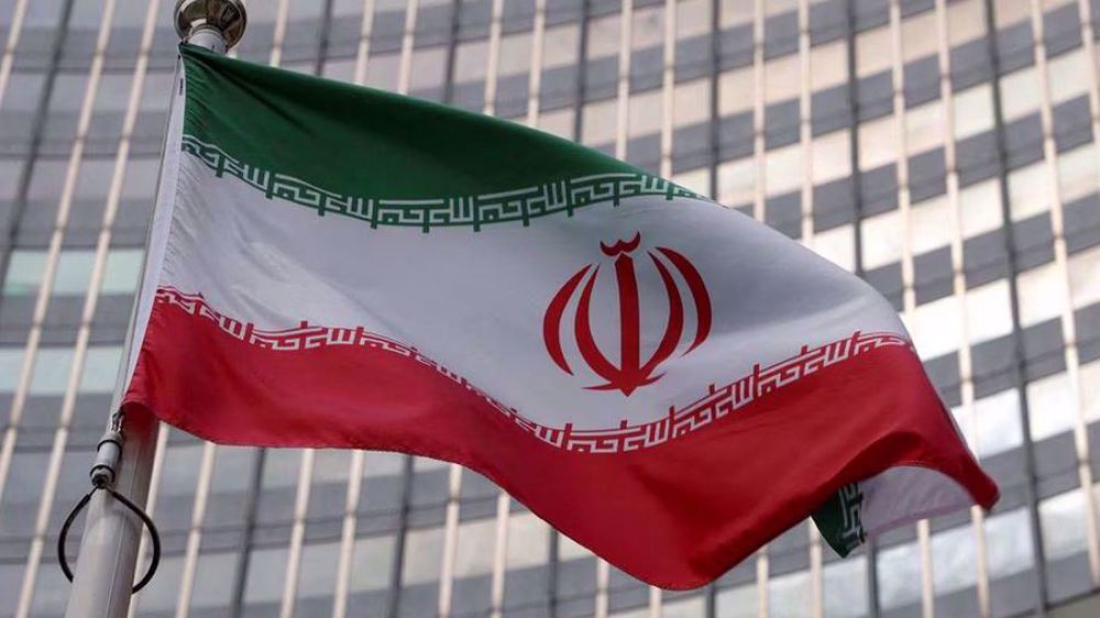
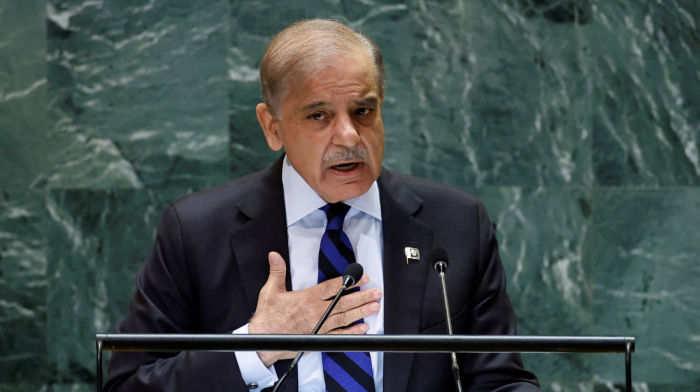


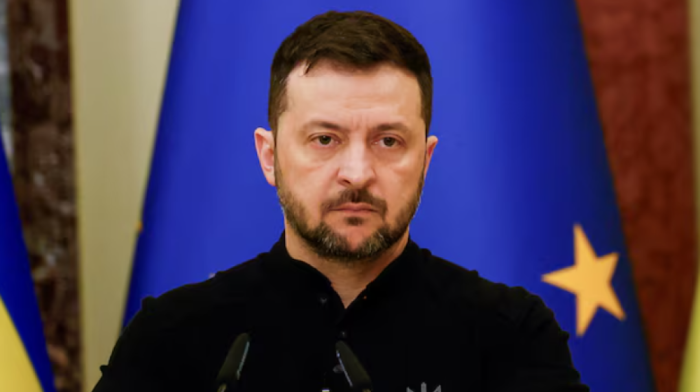
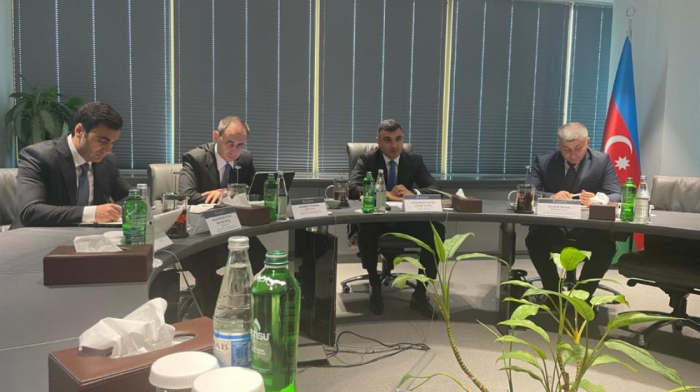

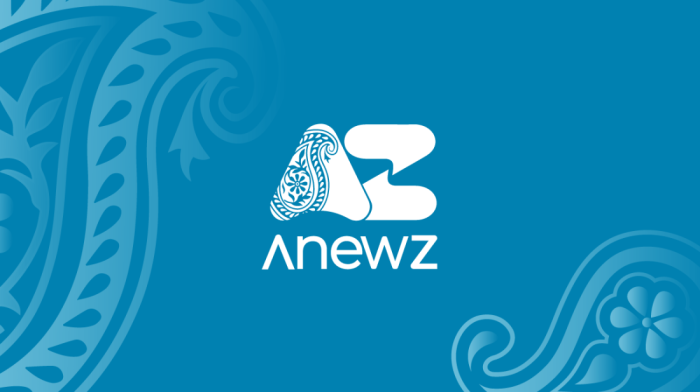
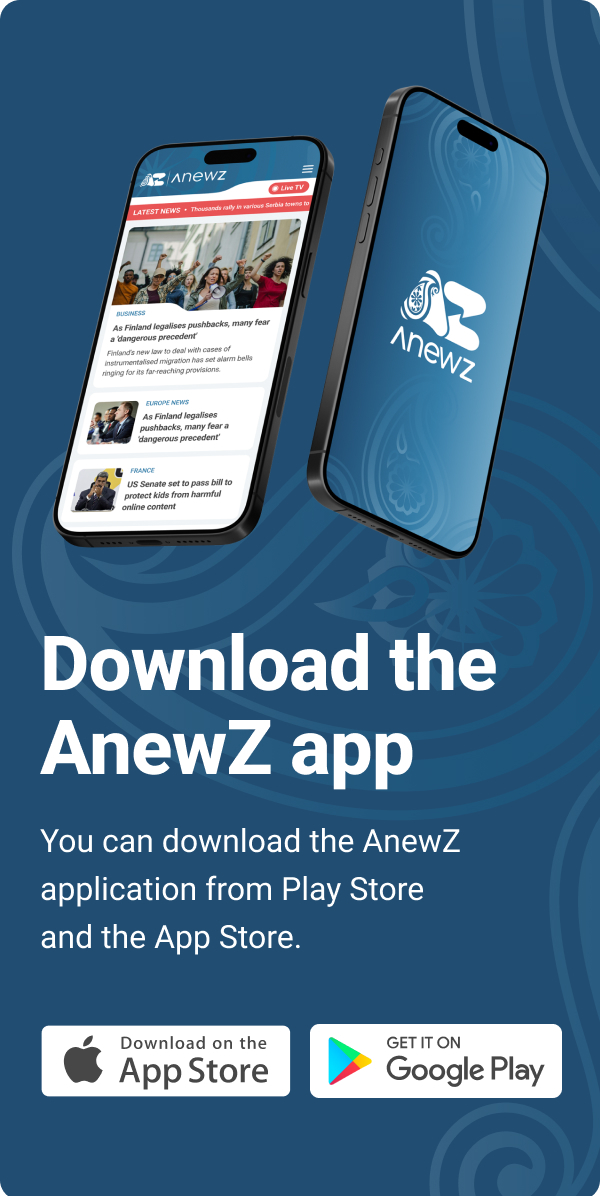

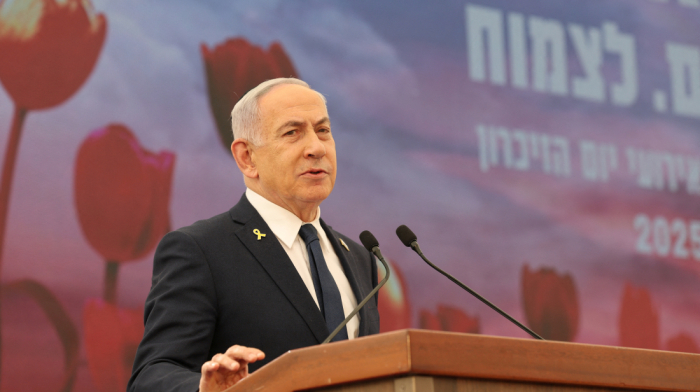
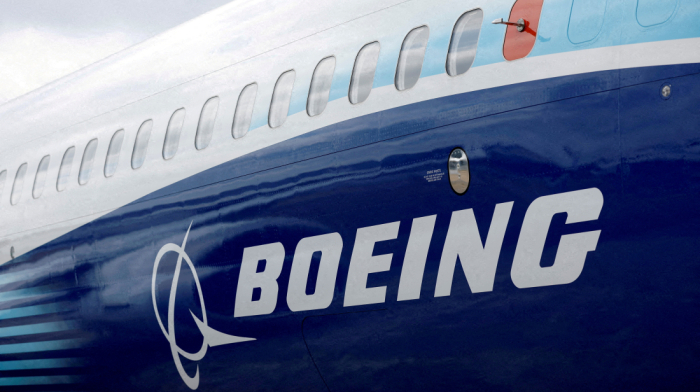
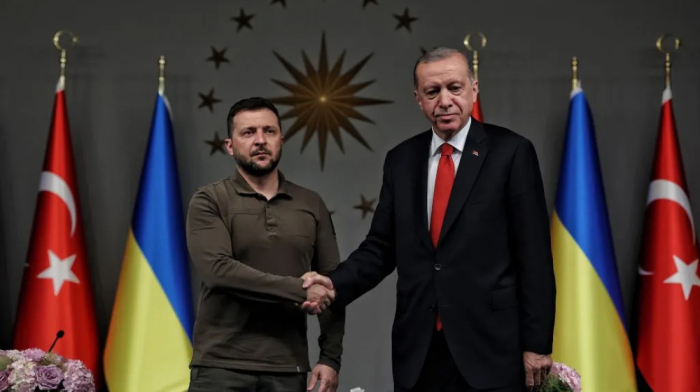
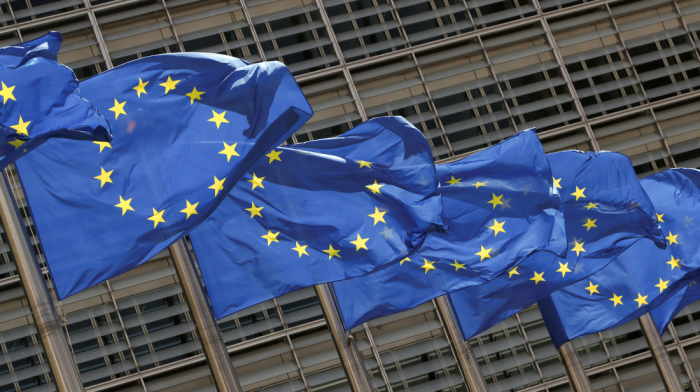
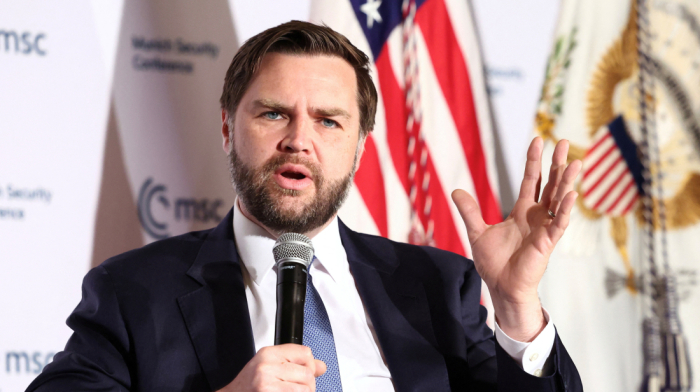
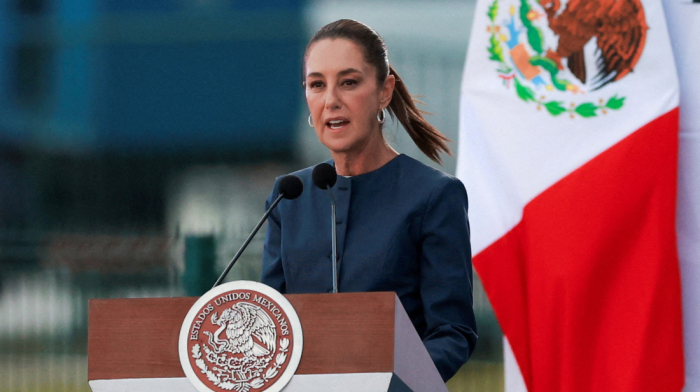

What is your opinion on this topic?
Leave the first comment